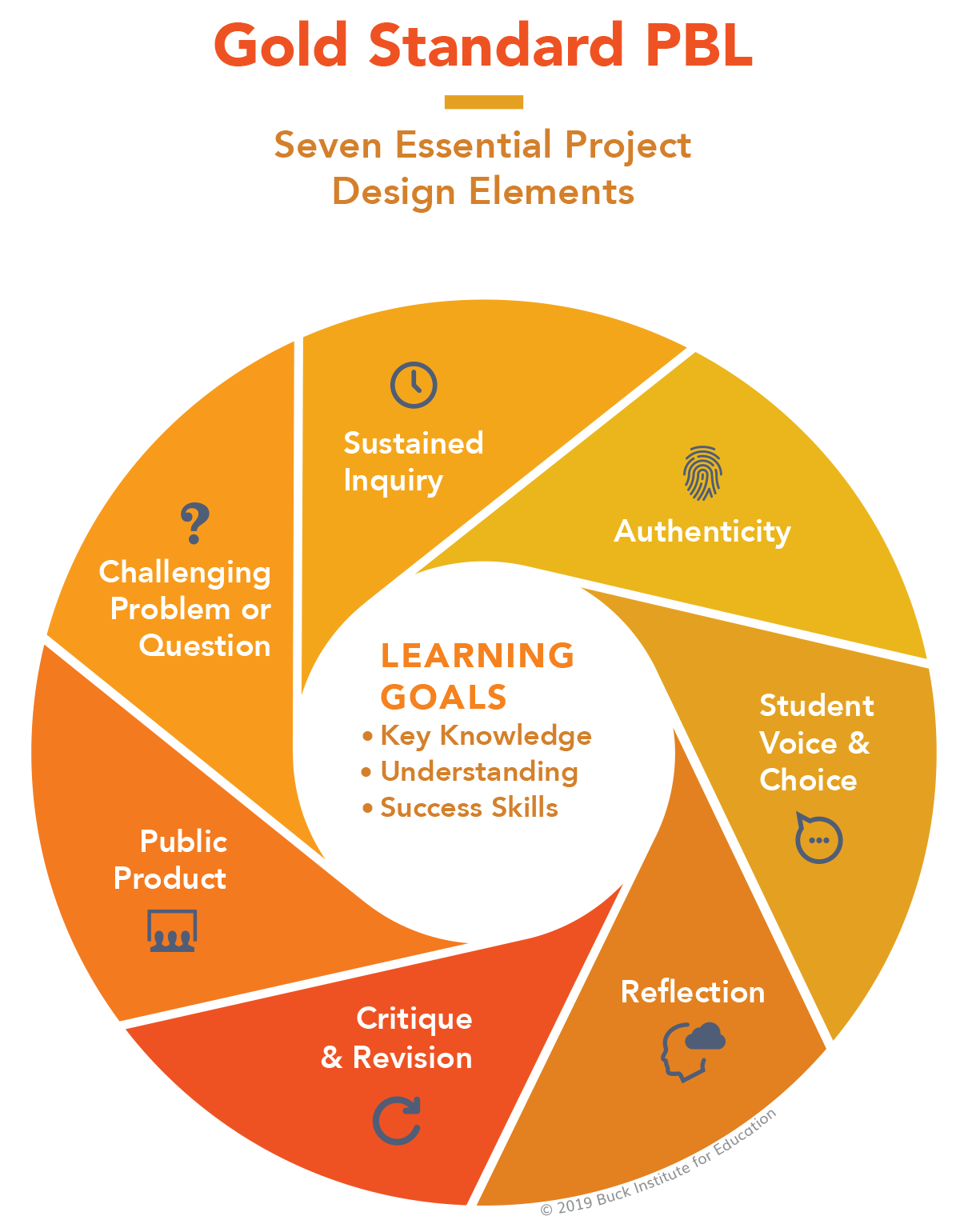Agricultural Literacy Curriculum Matrix
Lesson Plan
Agritourism: Extreme Farm Makeover
Grade Level
Purpose
Through project-based learning, students will work in groups to design an agritourism experience that will increase profits for a family-owned farm and provide agricultural literacy opportunities for community members. Grades 6-8
Estimated Time
Materials Needed
Milestone 1: Entry Event
- Whiteboard
- Large poster paper (optional)
- Various colored markers for whiteboard or poster paper
- Local farmer or producer guest speaker (optional)
- Online video chat software (optional)
- Farm Prompt: Teacher Copy
- Farm Prompt: Student Copy
Milestone 2: Planning and Design
- Agritourism: Extreme Farm Makeover Student Outline
- Laptop, computer, or tablet for each student
- Internet access
Milestone 3: Research and Product Development
- Agritourism: Extreme Farm Makeover Student Outline
- Laptop, tablet, or computer for each student
- Internet access
Milestone 4: Final Presentation
- Presentation Rubric
- Peer Collaboration Evaluation (Use this template and instructions to create a Peer Collaboration Evaluation Google Form customized to your class.)
Vocabulary
agricultural literacy: an agriculturally literate person understands and can communicate the source and value of agriculture as it affects our quality of life
agriculture: the science or practice of farming, including cultivation of the soil for the growing of crops and the rearing of animals to provide food, wool, and other products
agritourism: any agriculturally-based operations or activity that brings visitors to a farm or ranch
farm biosecurity: a set of measures designed to protect a property from the entry and spread of pests and diseases
farming: the activity or business of growing crops and raising livestock
Background Agricultural Connections
| Agritourism: Extreme Farm Makeover is a Project-Based Learning (PBL) plan. PBL is a teaching method in which students gain knowledge and skills by working for an extended period of time to investigate and respond to an authentic, engaging, and complex question, problem, or challenge.1 |
 A quality PBL experience requires seven essential elements.
A quality PBL experience requires seven essential elements.
- Challenging Problem or Question: The project is framed by a meaningful problem to be solved or a question to answer, at the appropriate level of challenge.
- Sustained Inquiry: Students engage in a rigorous, extended process of posing questions, finding resources, and applying information.
- Authenticity: The project involves real-world context, tasks and tools, quality standards, or impact, or the project speaks to personal concerns, interests, and issues in the students' lives.
- Voice and Choice: Students make some decisions about the project, including how they work and what they create.
- Reflection: Students and teachers reflect on the learning, the effectiveness of their inquiry and project activities, the quality of student work, and obstacles that arise and strategies for overcoming them.
- Critique and Revision: Students give, receive, and apply feedback to improve their process and products.
- Public Product: Students make their project work public by explaining, displaying, and/or presenting it to audiences beyond the classroom.2
Agritourism
Many agricultural producers are able to transform their farming operations into tourist destinations and open their doors to the public. Agritourism is an increasingly popular way for farmers and ranchers to not only increase profits, but also provide experiences that increase agricultural literacy. Examples of agritourism include farmers markets, farm tours, children's educational day camps, overnight bed and breakfasts, wagon rides, horse-back riding, petting farms, vineyards, rural event centers, and pick-your-own produce opportunities.
Agricultural producers should consider the agritourism experience they'd like to start, how it will bring in initial and repeat customers, location and geography, and nearby competition. Potential risks and hazards should also be considered, including farm biosecurity, liability, and any regulations.
| Career Highlights This PBL plan introduces students to the following career opportunities: farm operations/production manager, ranch manager, row crop producer/farmer, farmworker, farm equipment mechanic, business manager, food production supervisor, retail salesperson, customer service representative, administrative services manager, heavy equipment operator, advertising and promotions manager, advertising sales agent, secretary, graphic designer, accountant. Explore the career profiles to discover job outlooks, education requirements, and average salaries. |
Engage
At the beginning of the project, students are introduced to key content using a compelling situation that provides context and serves as a catalyst for an authentic problem or challenge. In Project-Based Learning (PBL), this authentic problem/challenge is referred to as an "Entry Event." Students use the Entry Event to initiate inquiry by reflecting on their prior knowledge of the key content, generating questions that they need to know the answers to in order to successfully complete the project or process that will solve the problem, and identifying what their next steps might be to answer their questions. These questions are used in an ongoing way throughout the project to track learning and guide inquiry.3 While students may have several questions, one driving question needs to be agreed upon that, when answered, should address the initial solution. Refer to Milestone 1 for Entry Event procedures.
Explore and Explain
In PBL, projects are organized into milestones. Each milestone represents a significant stage of the project. Click on each milestone below to access instructional procedures.
Milestone 1: Entry Event (approximately 2 days)
Milestone 2: Planning and Design (approximately 1 day)
Milestone 3: Research and Product Development (approximately 3 days)
Milestone 4: Final Presentation (approximately 3 days)
Evaluate
As a final wrap-up, review and summarize the following key points:
- Agritourism is a way for farmers and ranchers to increase profits and provide experiences that increase agricultural literacy.
- Examples of agritourism include farmers markets, farm tours, children's educational day camps, overnight bed and breakfasts, wagon rides, horse-back riding, petting farms, vineyards, rural event centers, and pick-your-own produce opportunities.
Sources
Author
Organization
| We welcome your feedback! If you have a question about this lesson or would like to report a broken link, please send us an email. If you have used this lesson and are willing to share your experience, we will provide you with a coupon code for 10% off your next purchase at AgClassroomStore. |
